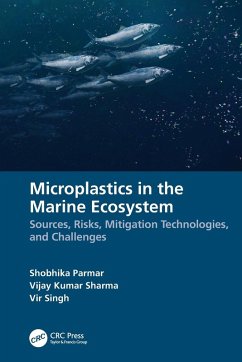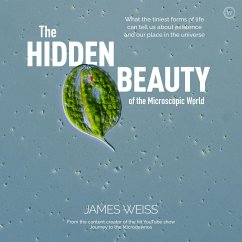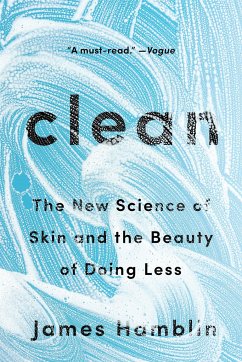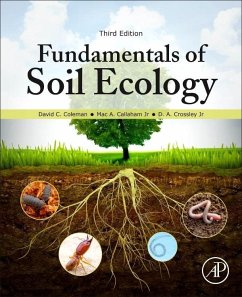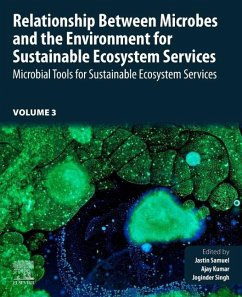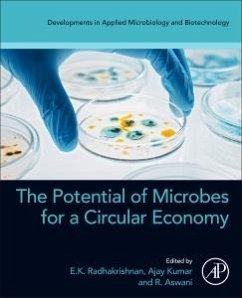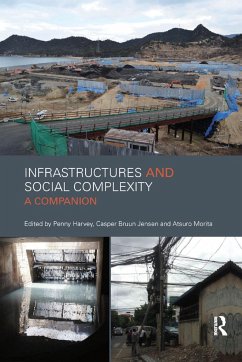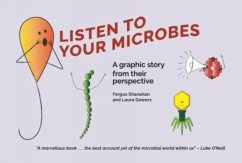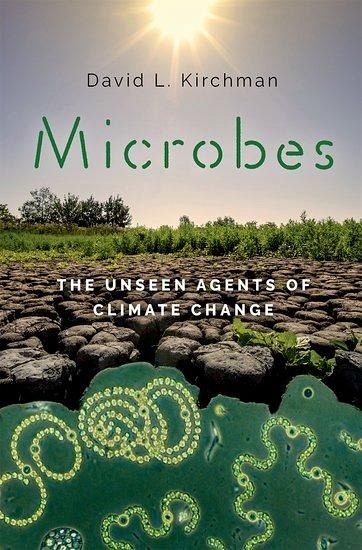
Microbes
The Unseen Agents of Climate Change
Versandkostenfrei!
Versandfertig in über 4 Wochen
28,99 €
inkl. MwSt.
Weitere Ausgaben:

PAYBACK Punkte
14 °P sammeln!
From heat waves and wildfires to flooding and record droughts, the impacts of climate change are now obvious. While the primary cause is the rise in greenhouse gases mainly from the burning of fossil fuels such as coal and petroleum, the complete story behind greenhouse gases also involves microbes and what they are doing in natural ecosystems. Although microbes contribute to the problem by producing greenhouse gases, climate change would be even more severe if not for other microbes that consume greenhouse gases. Understanding and solving the biggest environmental problem facing us today depe...
From heat waves and wildfires to flooding and record droughts, the impacts of climate change are now obvious. While the primary cause is the rise in greenhouse gases mainly from the burning of fossil fuels such as coal and petroleum, the complete story behind greenhouse gases also involves microbes and what they are doing in natural ecosystems. Although microbes contribute to the problem by producing greenhouse gases, climate change would be even more severe if not for other microbes that consume greenhouse gases. Understanding and solving the biggest environmental problem facing us today depends on the smallest organisms, microbes.




